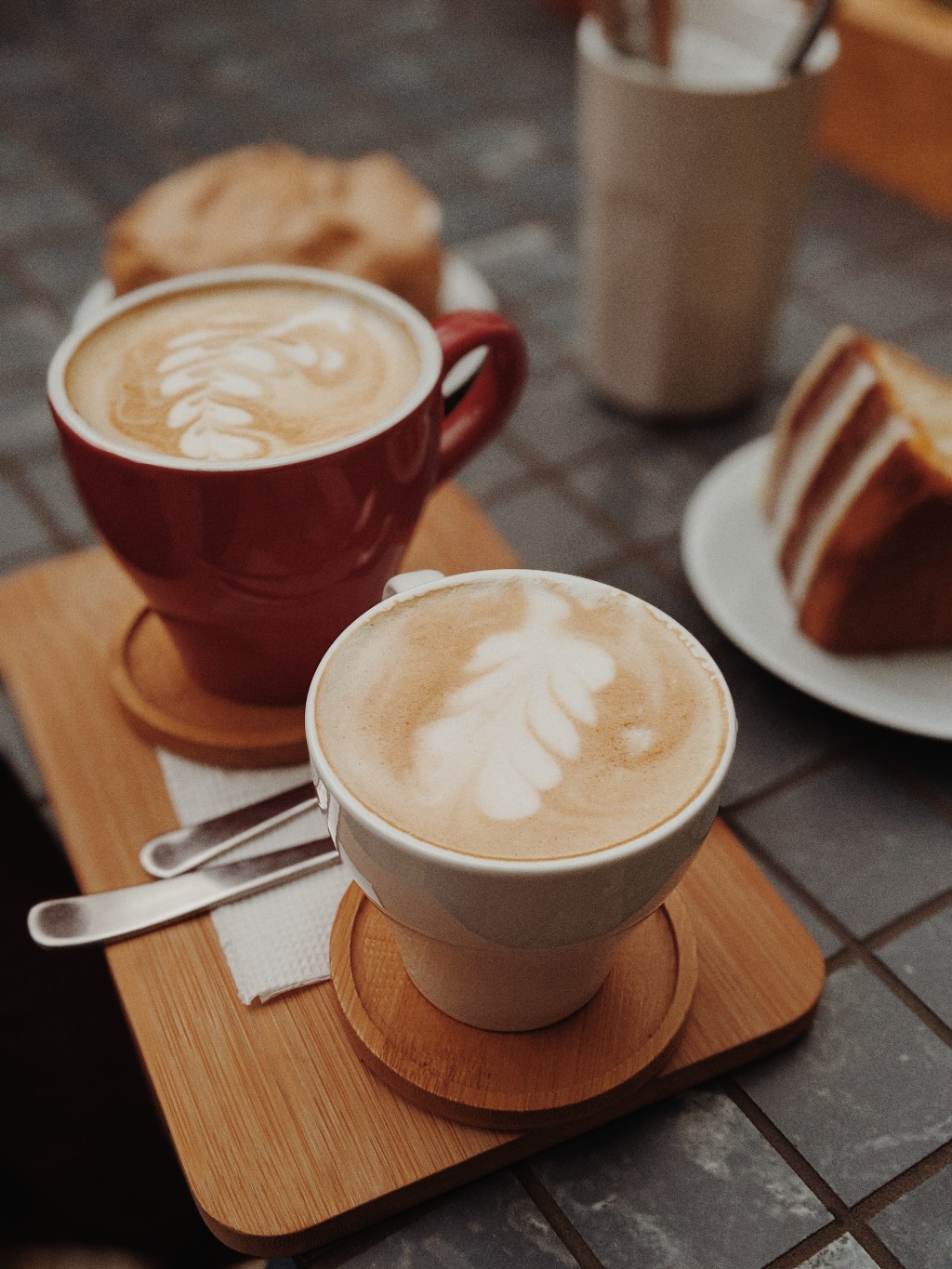
You’ve sat down in your office chair, perfectly adjusted for optimal comfort. You have your computer ergonomically set up, so you don’t have to crank your neck, and you have some of your favorite music playing. You should be all set to write, and yet something’s … missing.
You don’t have anything to drink!
It may feel like having a beverage by your side when you write shouldn’t be that important, but it definitely is—at least for me. The ritual of making or pouring some sort of drink helps me to settle into that creative space in my mind that is essential when it comes to writing. A tasty (often hot) beverage also provides comfort when the going gets rough.
I have tried a lot of different beverages while writing over the years and have found advantages (and sometimes disadvantages) to each one. Today I thought I’d share my wisdom and help you decide which writerly beverage might be right for you.
Here are seven beverages to help you get into the writing groove.
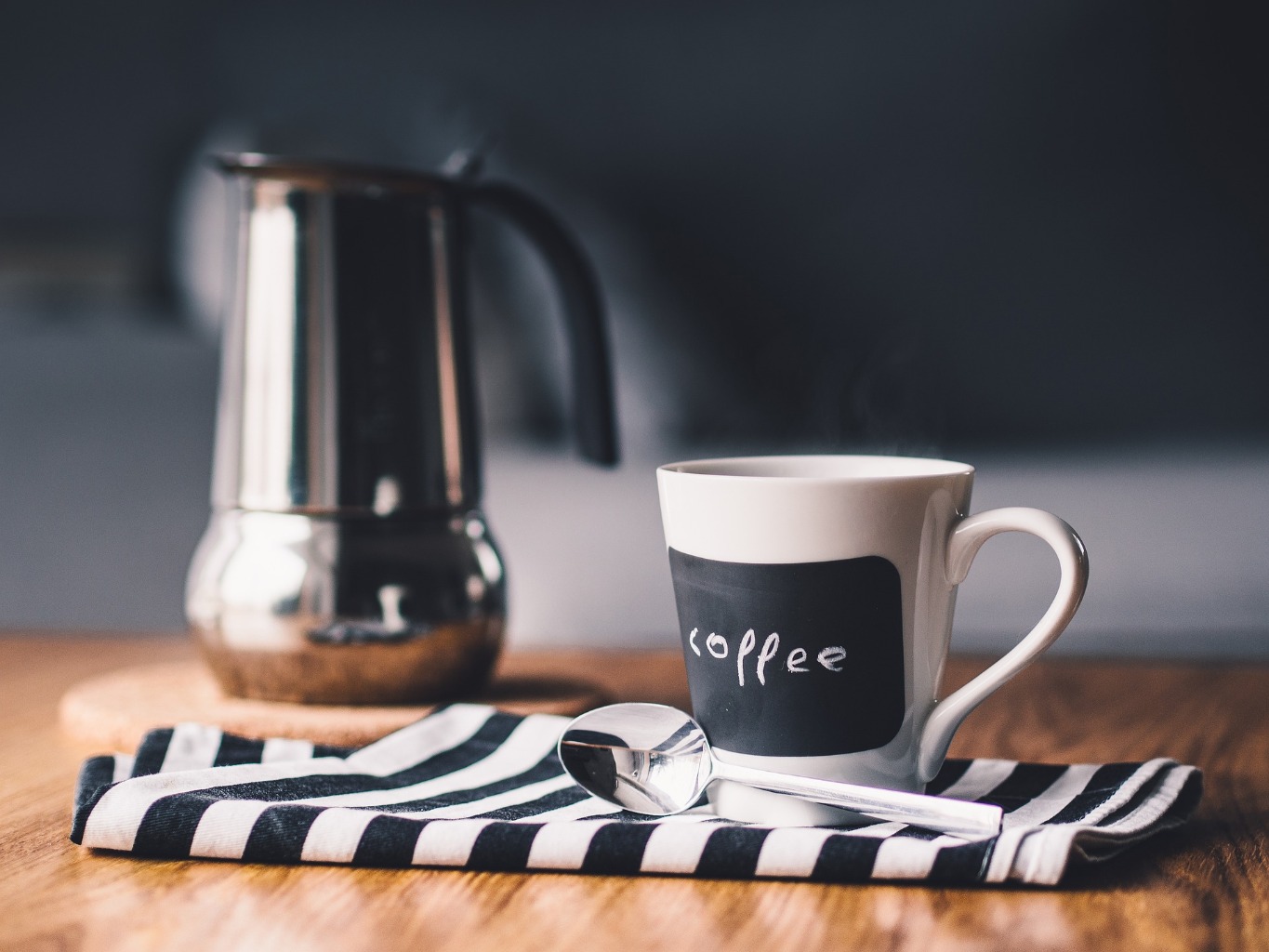
1) Coffee
Coffee is a favorite amongst writers, and it’s not hard to see why. It’s hot and comforting, tastes great, and gives you the caffeine boost of energy you need to tackle the busy day of writing ahead. Caffeine binds to the receptors in our brains that usually bind with adenosine, which makes us feel groggy and tired. Even just the smell of coffee can manage to wake you up.
Coffee takes only five minutes to kick in and its energizing effects can last up to two hours. That is plenty of time to crank out a chapter of your novel or maybe even two. It’s also great for keeping you alert while editing, which can be a bit more tedious than writing new stuff.
I am a longtime coffee drinker, though I go through phases of drinking it and not. I switched from hot coffee to cold brew years ago since cold brew is gentler on my stomach and has even more caffeine than regular coffee.
As wonderful as coffee is, it’s best to stop drinking it before noon. Otherwise, it can affect your sleep, and being well-rested is a lot more crucial to having a good writing session than getting that caffeine boost.
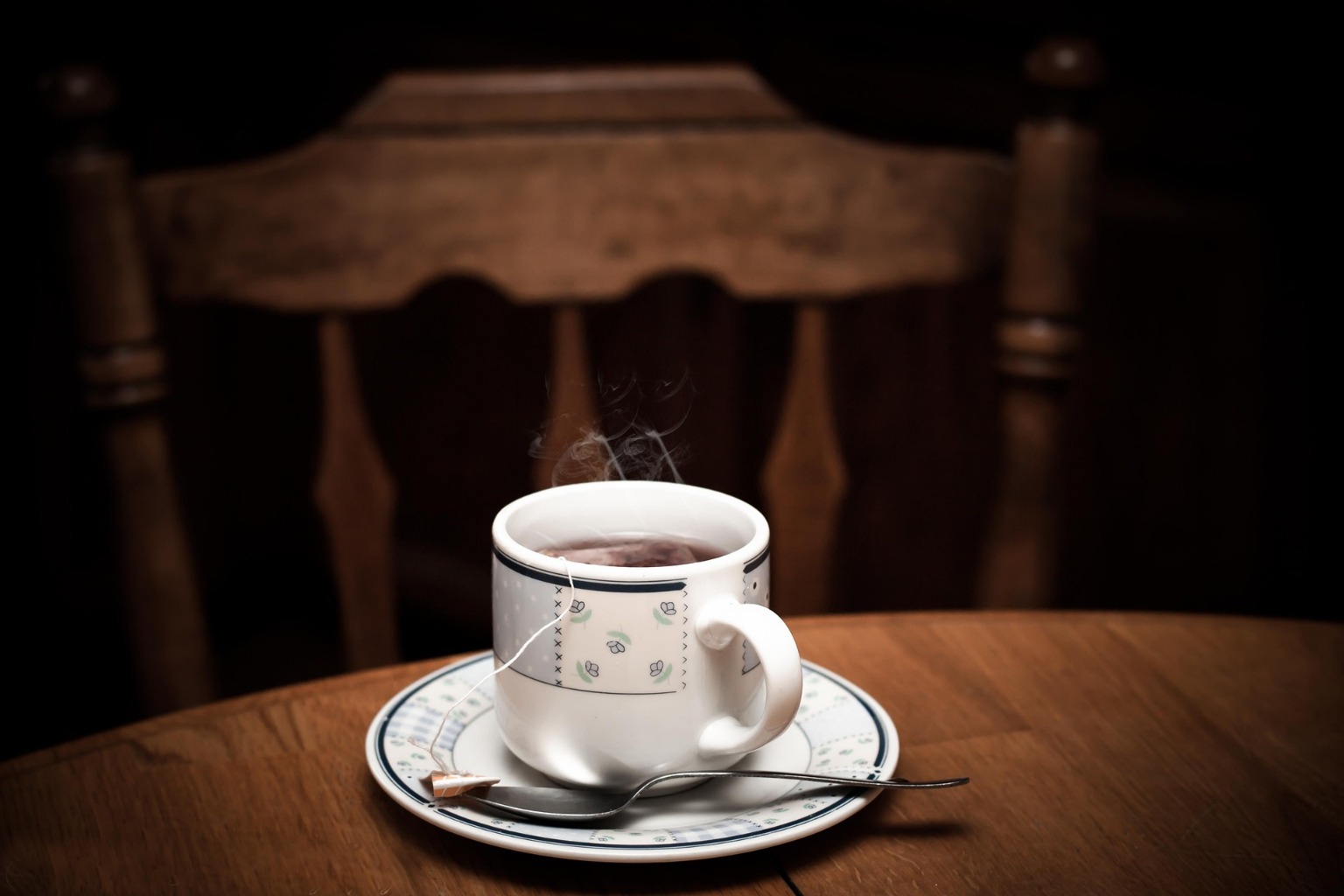
2) Black Tea
Black tea is another viable option for your morning dose of caffeine. It’s not as caffeinated as coffee (one cup of coffee has the caffeine of roughly three cups of tea), but that just means you get to enjoy more of it. It’s good to take breaks while writing and getting up to make a cup of tea is a great way to stretch your legs.
Black tea is also high in L-theanine, a unique amino acid that has a profound effect on mental alertness and attention. I actually take L-theanine at night as a supplement to help me sleep, but combined with caffeine, it can make you sharp, focused, and alert.
Just as I have with coffee, I have gone through phases of drinking black tea—English Breakfast, to be specific. I had a hard time finding a good cup of coffee when I studied abroad in London, so I switched to tea for the semester. I enjoy the taste, though I am more of a coffee person at the end of the day.
Just like with coffee, you should try to stop drinking it before noon. Even with less caffeine, it will still affect your sleep.
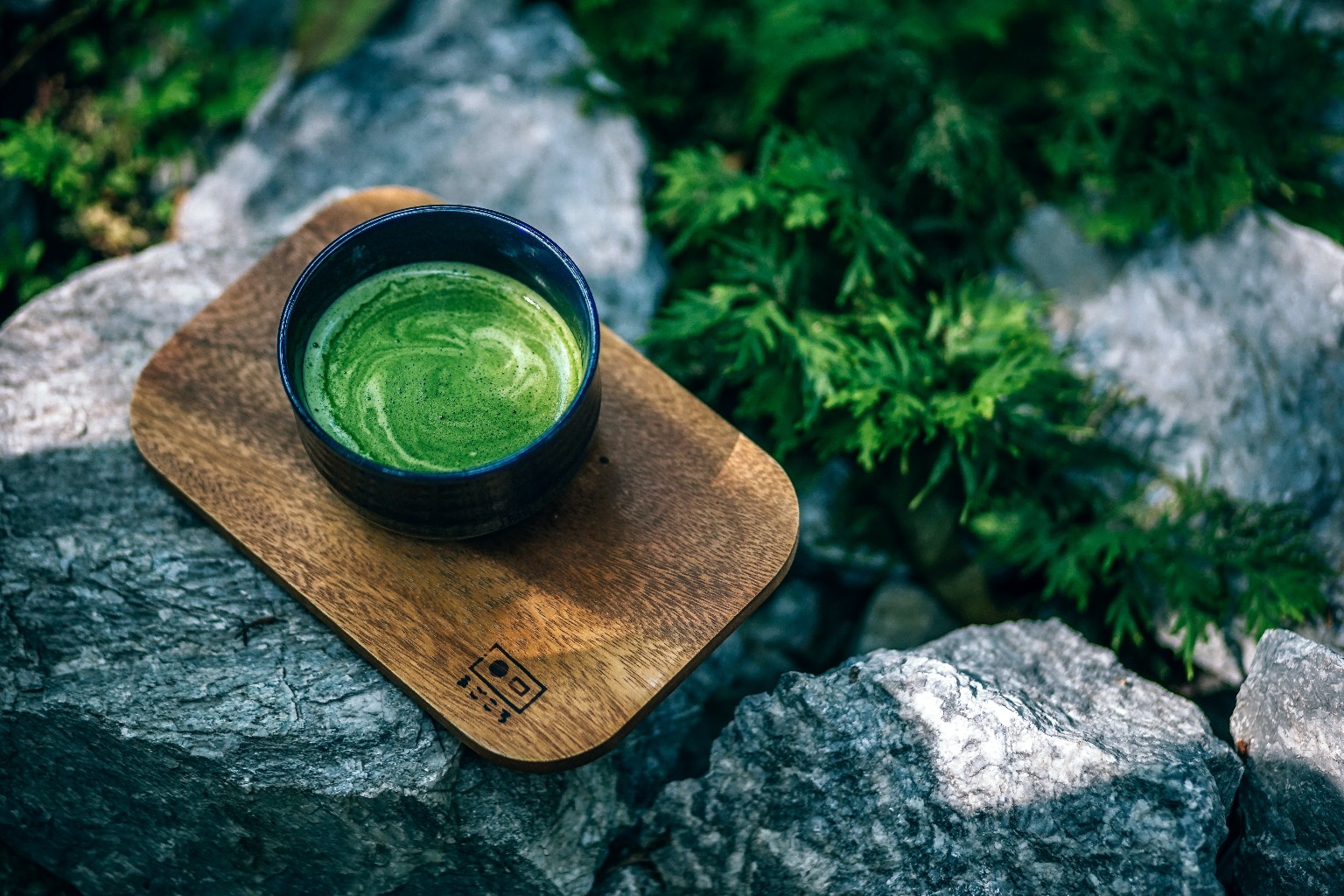
3) Green Tea
Green tea is yet another way to get caffeine into your system before a marathon writing session. Something about the process of steeping a cup of tea before writing really helps to get you into the groove (this goes for black tea as well, and herbal tea, which we’ll discuss in the next section). Green tea tastes nice and there’s something soothing about it, which can be helpful if you’re feeling anxious about your story.
Green tea will help to stimulate your creativity, too. The catechins and polyphenols in green tea help to improve cognitive function and focus. There are a ton of other health benefits to green tea as well.
For the past few months, I have been drinking green tea in the morning instead of black tea or coffee—though I do still treat myself to a coffee on occasion. I have been feeling better bodily and more alert in general. I find that I also feel more focused than I did on black tea or coffee. I don’t get the jitters that I sometimes get from coffee, either.
With any form of caffeine, you want to quit consumption before noon. And I will say that while I am enjoying the effects of green tea, I do miss the more intense caffeine jolt of coffee.
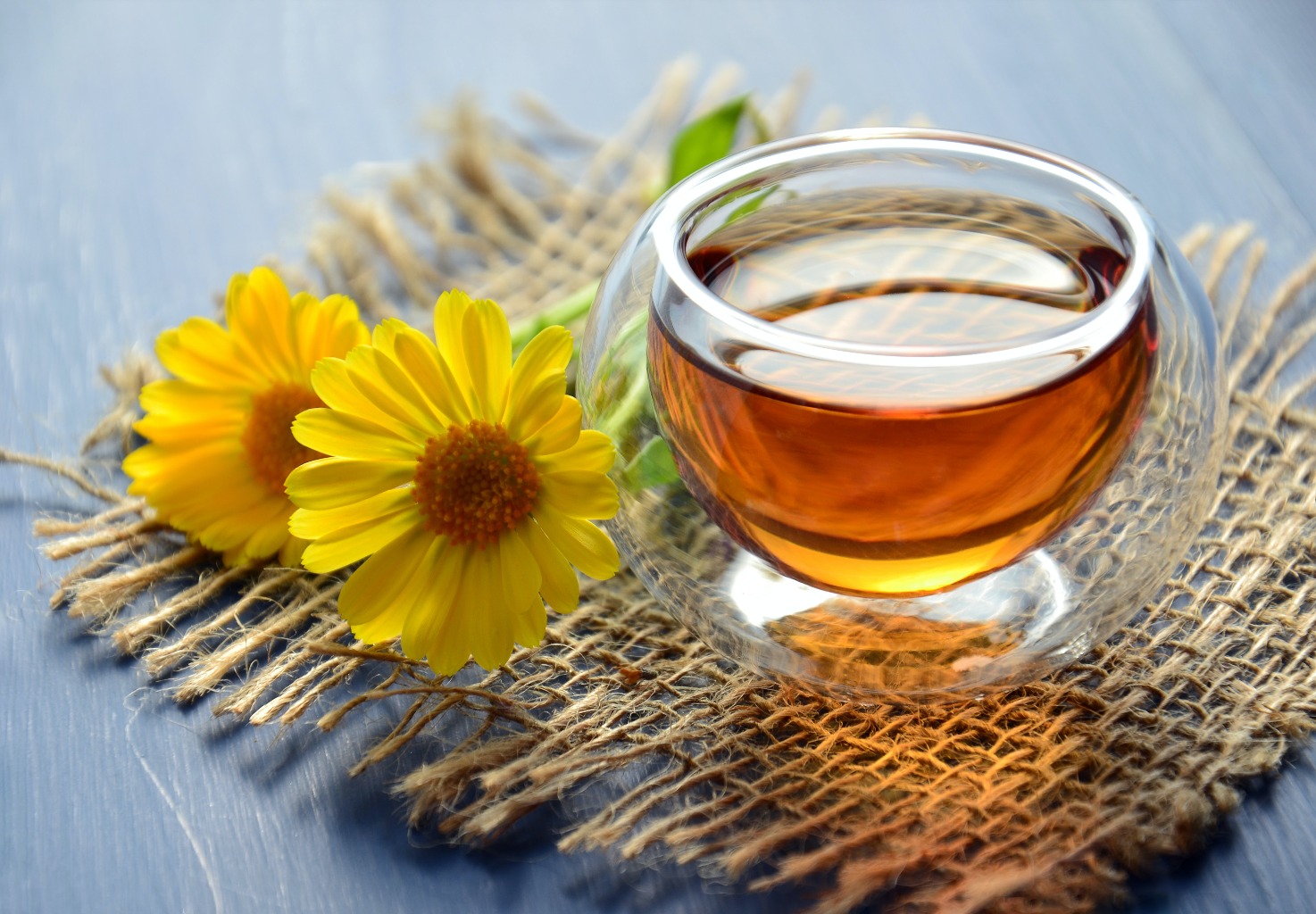
4) Herbal Tea
If caffeine isn’t your thing, there are still several writerly beverages for you to choose from. There’s a big wide world of just herbal teas out there for you to try. Herbal tea can help to calm you down when you’re feeling anxious—a frequent issue with writers who are starting to feel overwhelmed by the demands of their stories. It’s also got the advantage of being a comforting hot drink.
There are tons of health and cognitive benefits to various herbal teas. Ginger and turmeric tea may help to improve brain function, which will help to keep those gears in your mind turning as you write. Chamomile tea will help you sleep at night, and we’ve already covered how important a good night’s sleep is to the writing process.
A few years ago, I quit caffeine altogether for a while and started drinking hibiscus tea in the mornings while getting down to writing. I enjoyed the tart taste, and it was nice being able to have my comforting hot drink at any time of day.
There aren’t a lot of drawbacks to herbal tea, though you should make sure to check for interactions they might have with any medications you're taking. Herbal tea also obviously doesn’t have caffeine, so you won’t get that burst of energy.
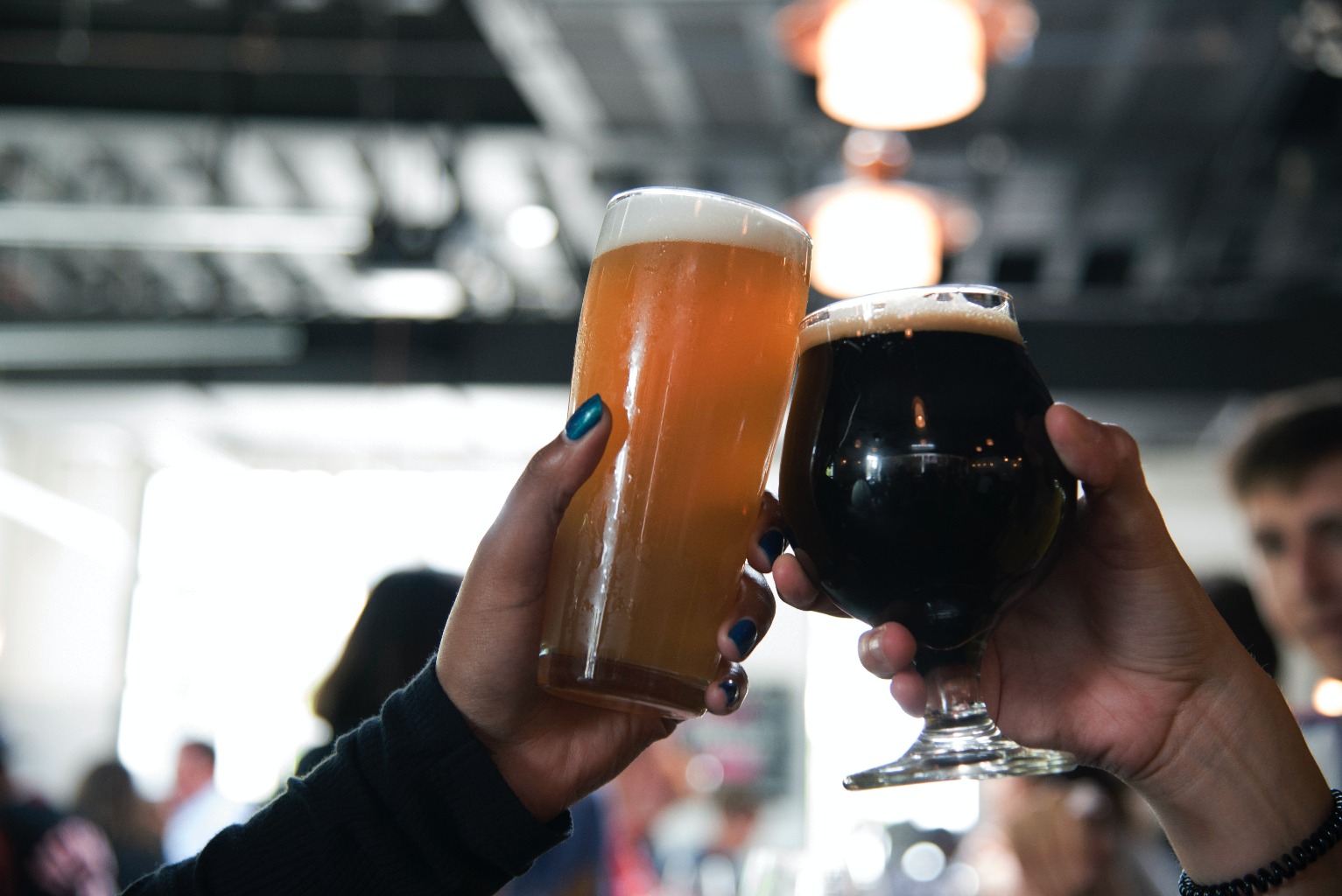
5) Your Alcoholic Beverage of Choice
For you writers of the legal drinking age out there, an alcoholic beverage might help to get those creative juices flowing. Everyone’s heard that famous Ernest Hemingway quote, “Write drunk, edit sober”, after all. This study found that a moderate level of drinking improved creative problem-solving in the participants. Alcohol can loosen you up and make your brain more receptive to connecting different ideas, making it especially good for brainstorming.
In another experiment, author Dave Birss brought eighteen advertising creatives together and split them into two teams. One team was allowed to have all the alcohol they wanted while the other team had to remain sober. They were given a brief and tasked with producing as many ideas as possible. Then a team of big-shot creative directors judged their work. The “drinking” group both produced more ideas and four out of five of the best ideas overall.
On weekend nights when I don’t have anything else going on, I enjoy combining a writing session with a Belgian beer or a nice whisky. With your inhibitions lowered, the words do tend to flow a bit more easily. And as said, alcohol can be great for brainstorming new ideas.
But while it’s good for coming up with ideas, alcohol is not great for focused writing. You’re best off coming up with your idea while drinking and then switching to coffee once you’re ready to execute. And always drink responsibly—a drink or two seems to be the sweet spot for bringing out a writer’s creativity.
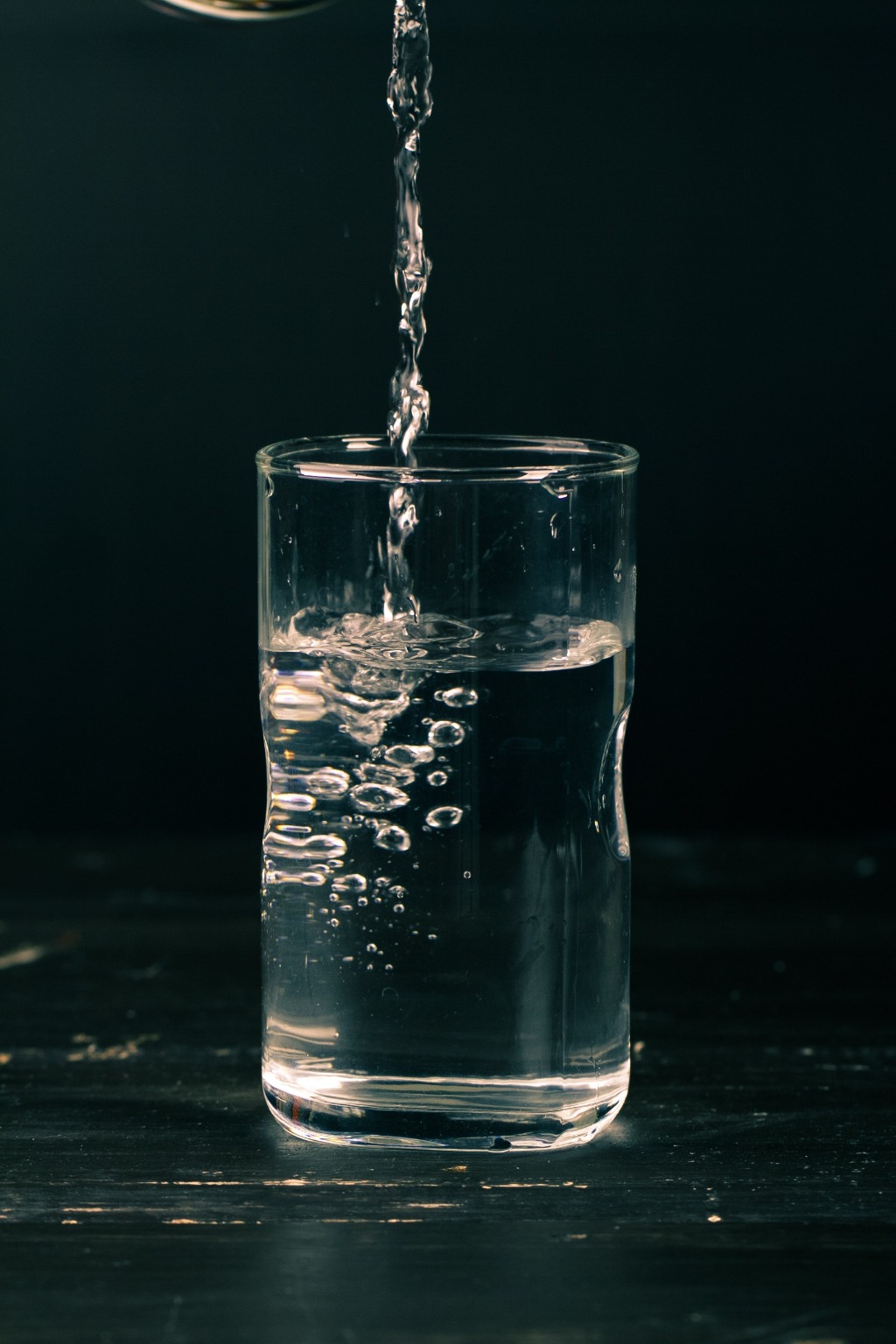
6) Water
Let’s not forget the most important beverage there is—water! It is extremely important for creativity and your overall health to keep hydrated. Being dehydrated will make you feel tired and sluggish and will absolutely kill your creativity.
Drinking water will free up the parts of your brain that are telling you your body is thirsty. An experiment by the University of East London found that drinking water can make your brain run fourteen percent faster. So it can do wonders for your productivity.
No matter what, I always have a glass of water while writing. And if I start feeling tired or stuck, the culprit is often the fact that I haven’t had a sip of water in a while.
There is pretty much no downside to drinking water as your writerly beverage of choice. It hydrates you and makes your brain work faster. The main drawback is that it’s not as exciting as some of the other entries on this list. I know I always like to have a second beverage in addition to water when I write—something that feels like a sort of treat or reward.
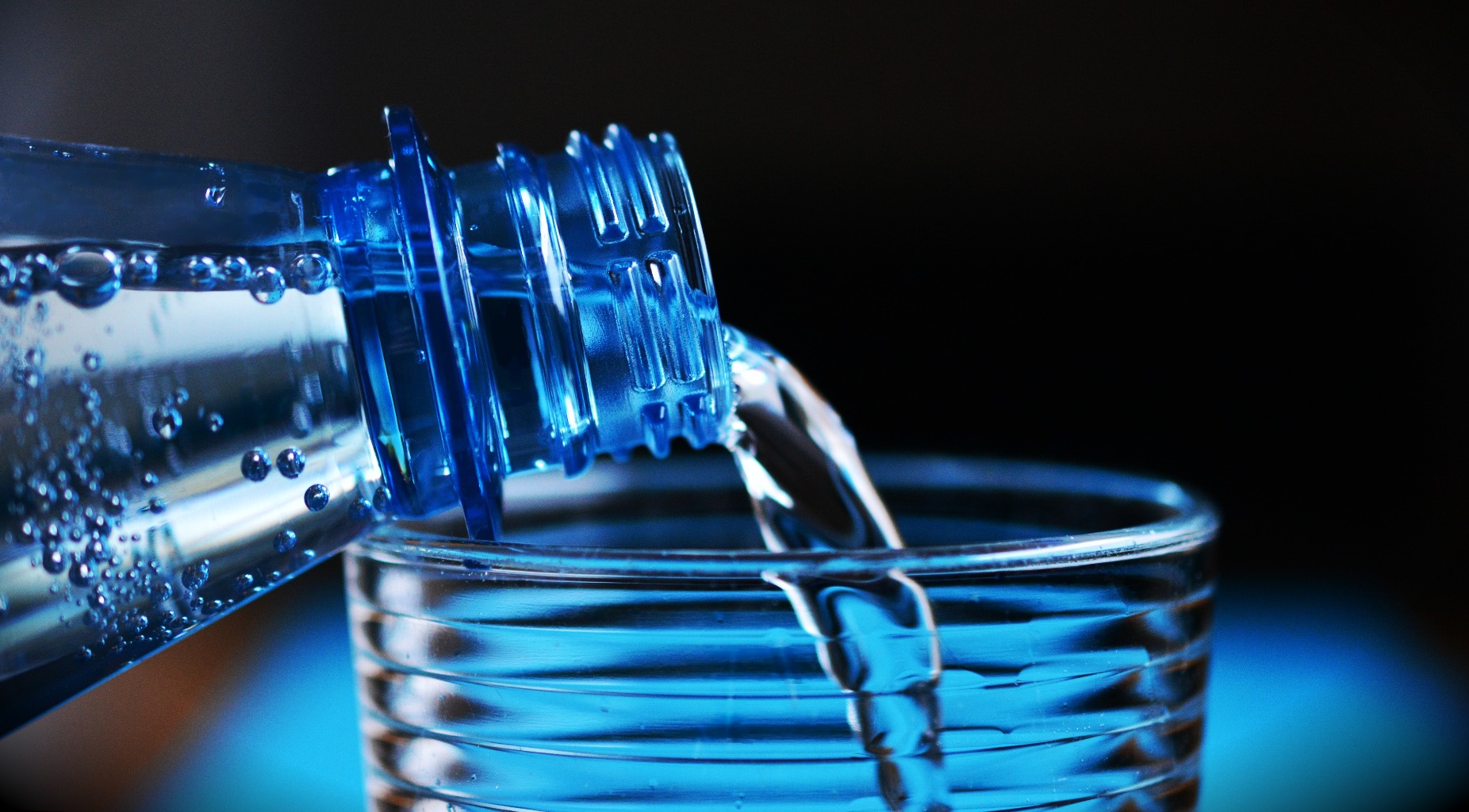
7) Sparkling Mineral Water
You may know that drinking water when you write is good for you, but you just have a hard time getting yourself to drink something so boring. If this describes you, sparkling mineral water might be a good solution. It hydrates you just as much as regular water, but it has bubbles that feel like a party in your mouth.
Many brands of sparkling mineral water, including San Pellegrino, contain good-for-you minerals like calcium, magnesium, potassium, and silica. Silica, in particular, may lower cholesterol and help to control inflammation in the body—which will keep you feeling better after hours hunched over in your desk chair.
I used to hate sparkling mineral water but decided to give San Pellegrino a chance after reading about the health benefits of silica. Surprisingly, I loved it this time around. It was like water, only more exciting. It seemed like something special, even though it was really just mineral water with some bubbles in it. I would also highly recommend their flavored waters—my favorite is the Limonata flavor.
There’s not much of a downside to sparkling mineral water either, though the flavored ones have more sugar than I would like. It’s also quite a bit more expensive than drinking plain old water. But if you have trouble getting yourself to drink enough water, sparkling mineral water could be a great way to boost your productivity.
We all get stuck with our writing sometimes and have a lag in creativity. Getting up and making yourself some tea or coffee, or getting a glass of water, might do wonders. Next time you’re looking for what’s missing in your writing routine, I hope this list will give you some ideas.
Soak Yourself in Fiction
Follow us on Facebook | Instagram | Twitter | Discord